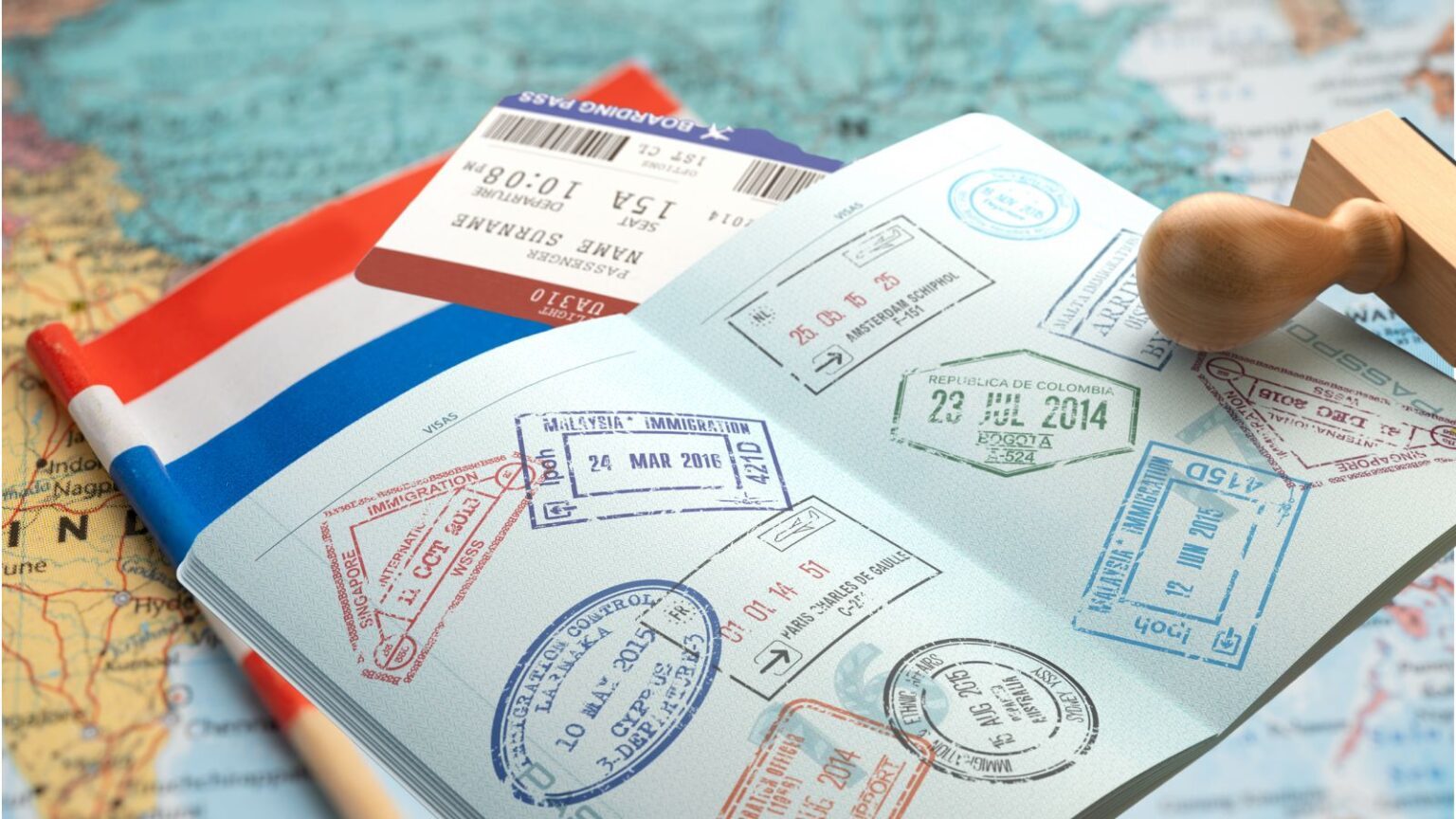
The cabinet’s new visa initiatives, including visa-free and visa-on-arrival schemes, extended stays for students, and reduced health insurance requirements for retirees, aim to attract more tourists.
The cabinet has approved a series of new visa initiatives aimed at attracting more tourists to the country. These measures include visa-free and visa-on-arrival schemes, extended stays for students, and a decrease in mandatory health insurance for retirees. Government spokesperson Chai Wacharonke explained that these actions were suggested by the Foreign Ministry due to the country’s significant reliance on tourism.
One of the major changes is the expansion of the list of countries eligible for visa-free entry, which will grow from 57 to 93. Newly included countries are Albania, Cambodia, China, India, Jamaica, Kazakhstan, Laos, Mexico, Morocco, Panama, Romania, Sri Lanka, and Uzbekistan. Additionally, the duration of stays under this program has been extended from 30 days to 60 days.
The cabinet also approved visa-on-arrival for 31 countries, up from 19 previously. Tourists wishing to work and sightsee can now obtain five-year visas for stays lasting up to 180 days, extendable for another 180 days. This is a significant increase from the previous allowance of two 30-day stays. Mr. Chai highlighted that these new rules specifically target digital nomads, remote workers, freelancers, and those interested in learning Muay Thai and Thai cuisine.
Furthermore, foreign graduates can now remain in the country for a full year after graduation. Previously, they were required to leave immediately after their studies. This change allows graduates to search for jobs during the extended period, particularly in areas of need identified by the government. Approximately 40,000 foreign students are currently studying in the country.
Other measures set to take effect on June 1 include the reduction of health insurance requirements for tourists aged 50 and above seeking long-stay visas. The required coverage will decrease from 3 million baht to 440,000 baht, applicable from September to December.
In addition, the cabinet approved an increase in the number of locations offering e-visa application services at Thai consulates and embassies. The number will rise from 47 to 94 locations, beginning in September.
These comprehensive measures are expected to significantly boost the country’s tourism sector by making it easier and more attractive for a diverse range of visitors to enter and stay in the country.